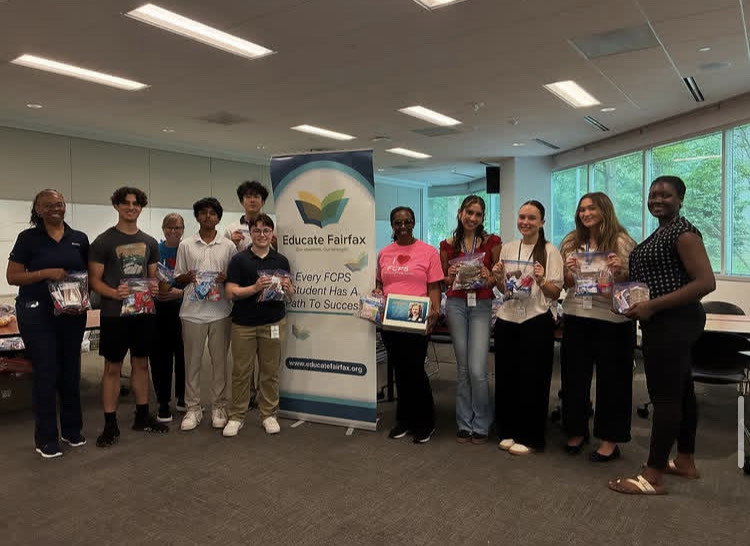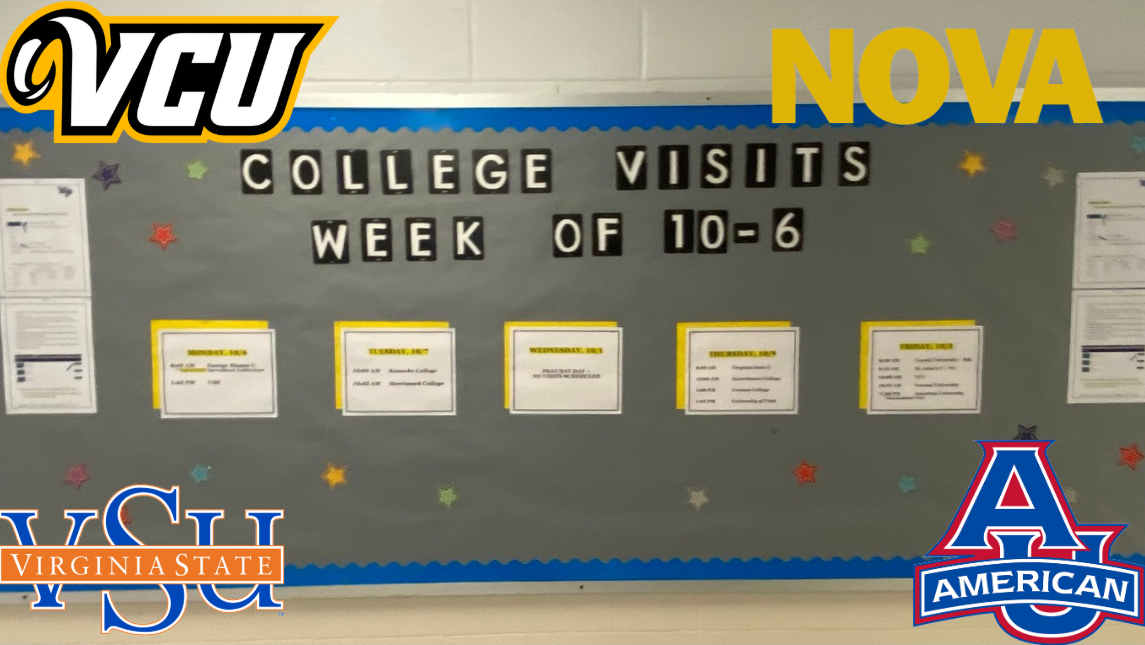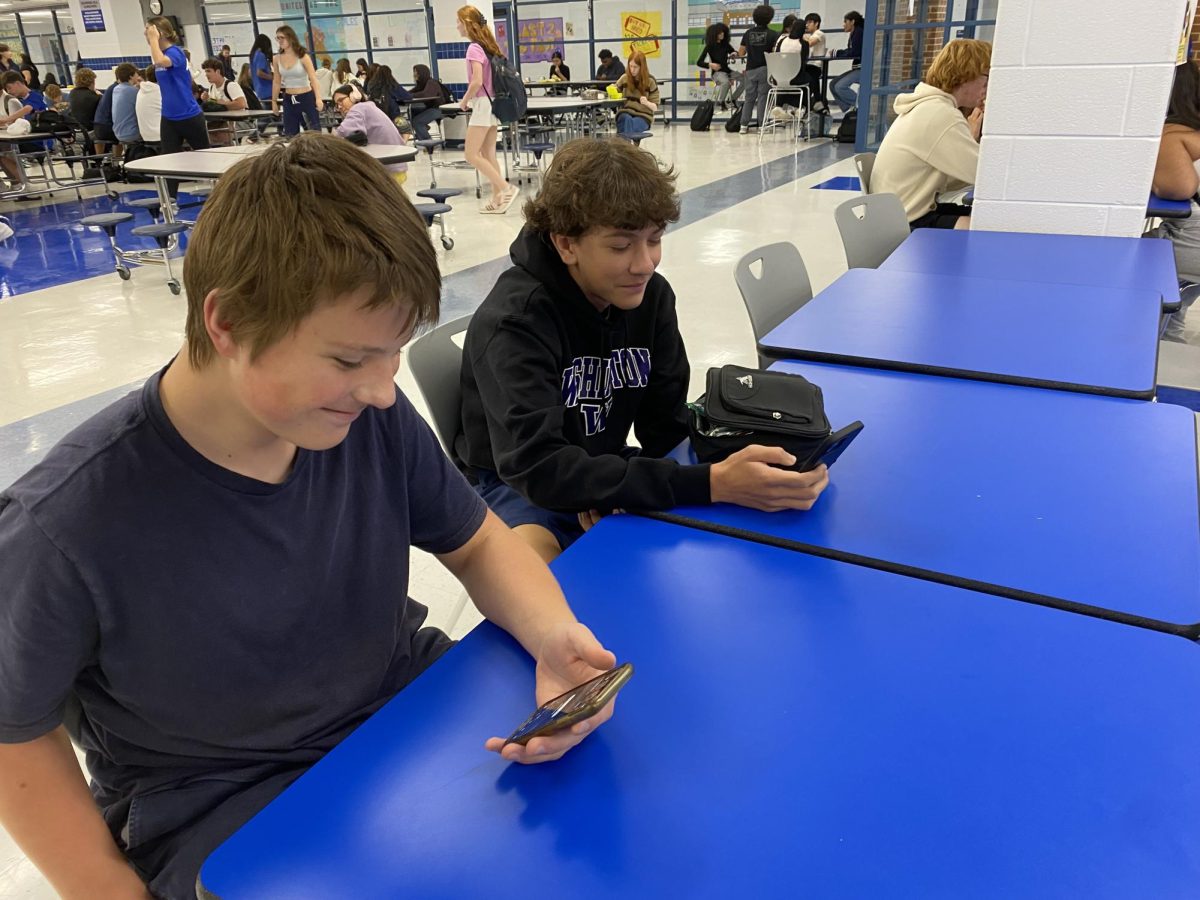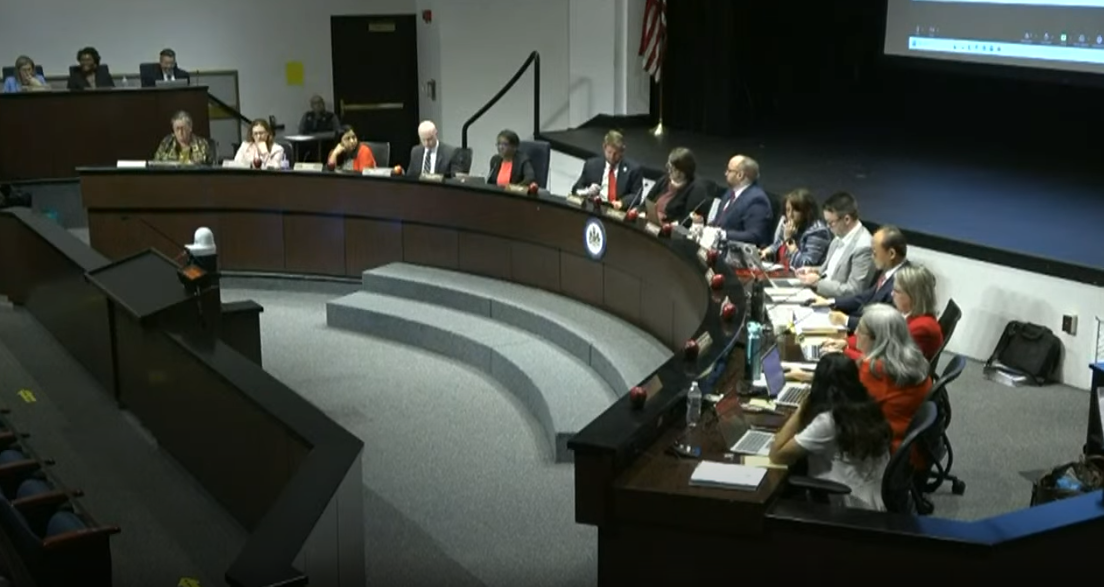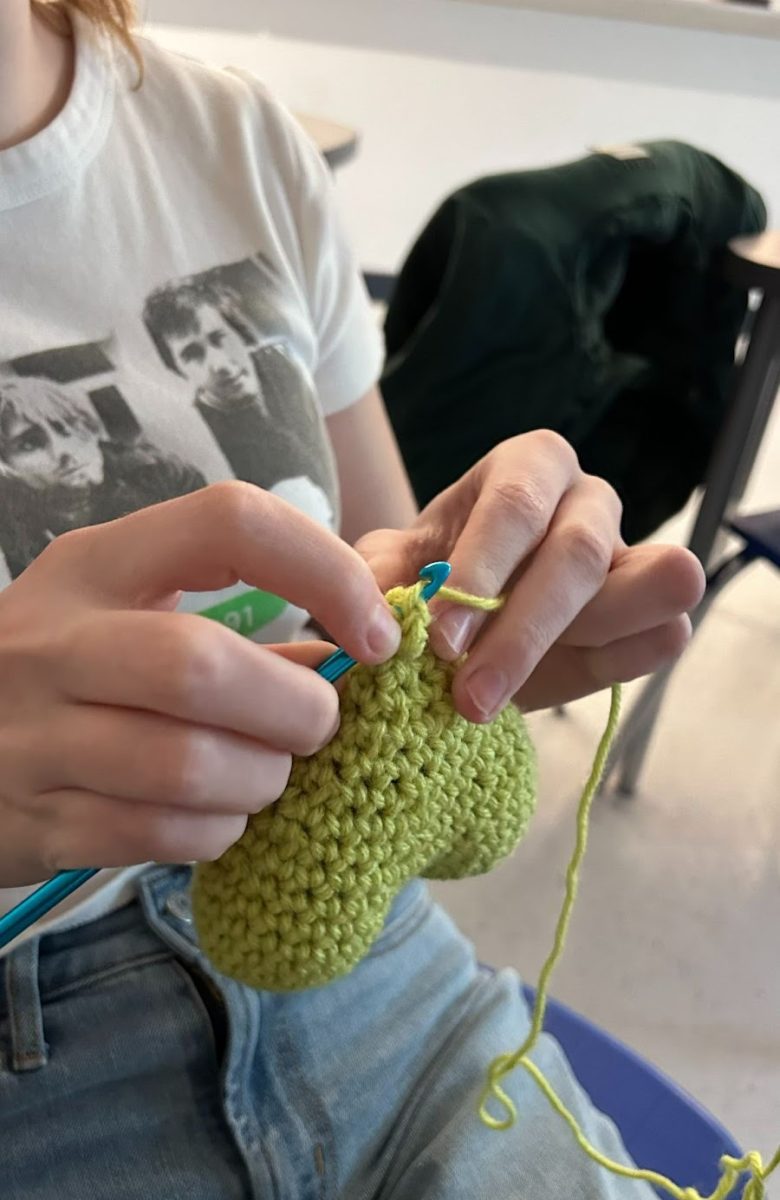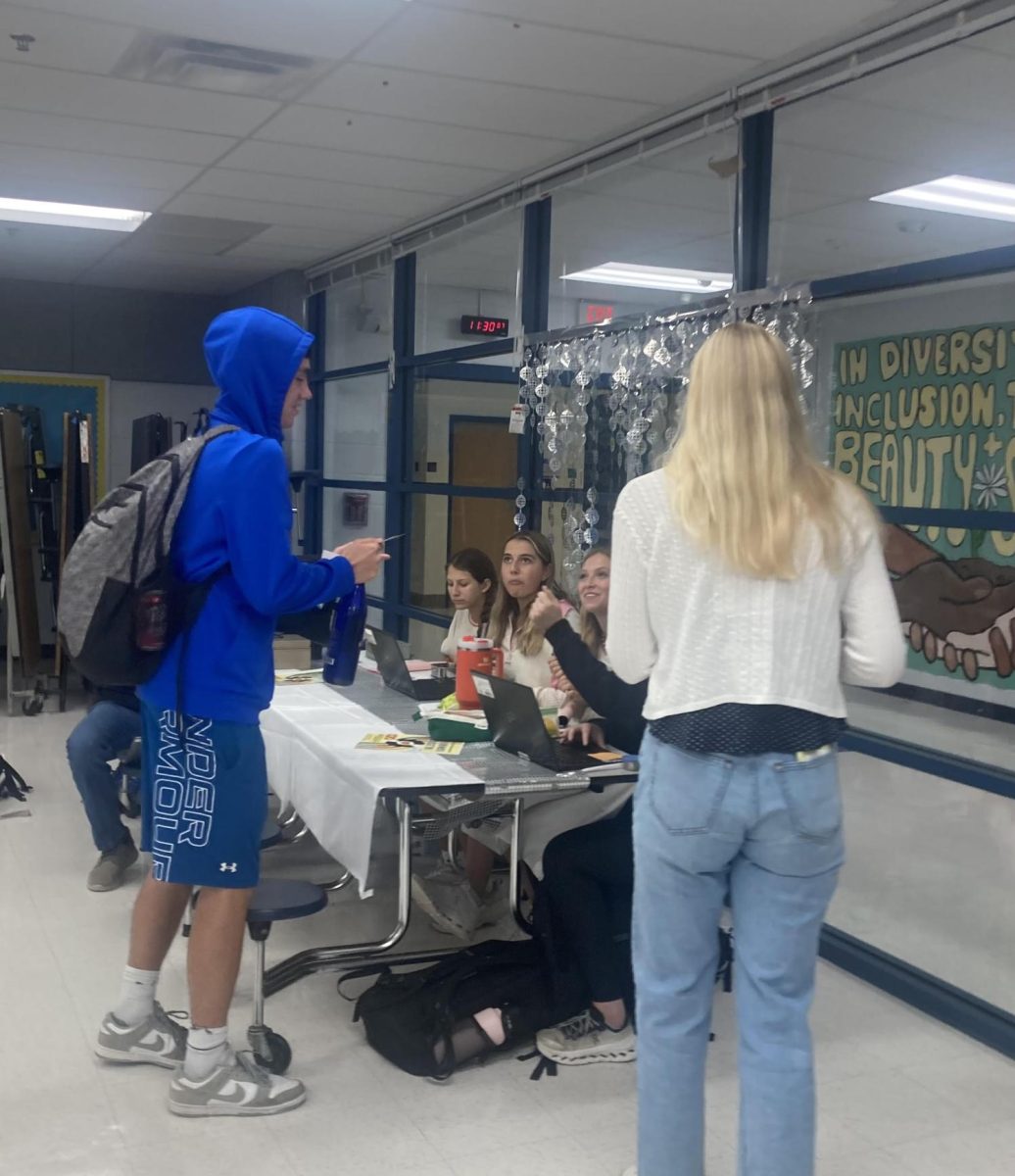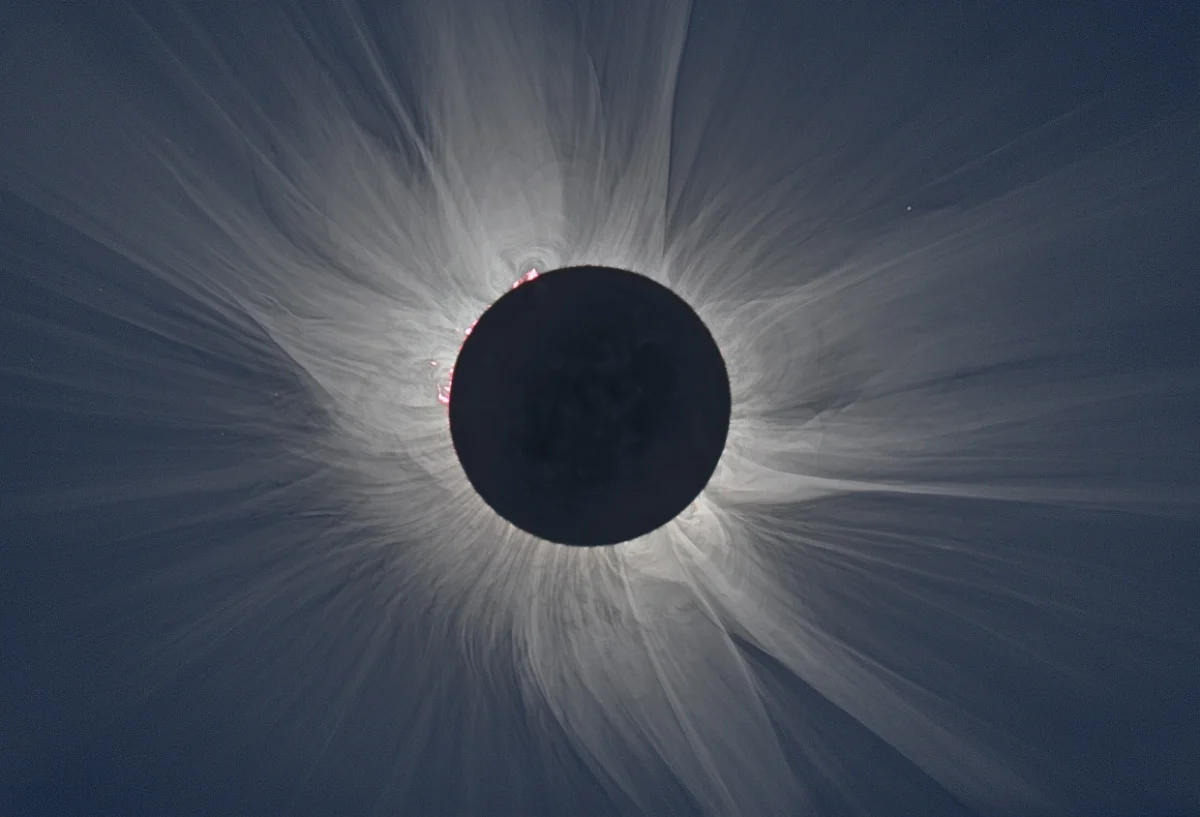Get ready with your eclipse glasses because earth will be experiencing a total eclipse on April 8. From anywhere between a few seconds or a few minutes, the moon will completely cover the sun, leaving a truly out of this world view. What’s even more special about this solar eclipse is that it’s a total eclipse, a very rare occurrence in its own right.
Many students seem to be excited about this eclipse. Steven McDowell, a junior at West Potomac HS, seems elated by this news.“This is going to be pretty special, it’s definitely something you don’t want to miss,” McDowell said.
There are three types of eclipses: partial, annular, and total. A partial eclipse is when only part of the sun gets covered by the moon, giving the sun an almost crescent-like appearance. An annular eclipse is where the sun is still visible towards the edges of the eclipse, leaving a “ring of fire.” The rarest type of eclipse is a total eclipse, in which the sun is completely blocked out by the moon, giving the sun a black appearance with a white outer edge.
Ms. Terry, physics teacher, has a lot to look forward to with this new solar eclipse. “April 8th is actually my birthday… little did I know I was going to have a big eclipse on my birthday, so I am going to remember this one forever,” Ms. Terry said.
To put into perspective just how special this eclipse will be, the last total eclipse that occurred was on August 21, 2017–almost 7 years ago. Not only that, but after April, Earth won’t experience a total eclipse for the next 20 years, with projections showing that the next one won’t appear until 2044.
While there’s fun to be had while viewing a solar eclipse, safety must always be a top priority. Looking directly at a solar eclipse without any form of protection can cause permanent eye damage. Wearing specialized eclipse viewing shades eliminates any risk in watching the eclipse.
The National Aerospace and Space Administration (NASA) stresses the importance of safety while viewing a solar eclipse on their website, “Do not look at the sun through a camera lens, telescope, binoculars, or any other optical device while wearing eclipse glasses or using a handheld solar viewer. The concentrated solar rays will burn through the filter and cause serious eye injury.”
“All of these countdowns for the eclipse, all of those countdowns are actually for me,” Ms. Terry said as she prepares to share her special day with the total eclipse.



